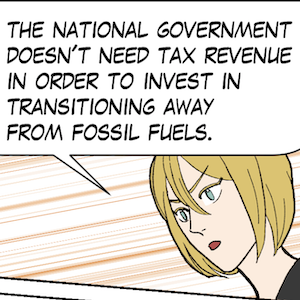Yesterday, the RBA cut interest rates for the first time since November 2023. They claimed that further rate cuts would at least require further evidence of wage restraint, which tells you how the public debate has been so thoroughly taken over by fiction. Australia is experiencing a drought, not the regular paucity of rainfall, type of drought, but record low rates of growth in wages. The RBA defended its interest rate hikes with the assertion that they had intelligence from the business community that wages were about to break out in 2022, invoking a 1970s-style wage-price spiral in response to the initial supply shocks coming from the pandemic. Nothing of the sort happened. And the latest data shows that things haven’t changed. Today (February 19, 2025), the Australian Bureau of Statistics released the latest – Wage Price Index, Australia – for the December-quarter 2024, which shows that the aggregate wage index rose by 3.2 per cent over the 12 months (down 0.3 points on the last quarter). Quarterly wages growth was 0.7 per cent, which the ABS noted was the “Lowest quarterly wage growth since March 2022”. In relation to the December-quarter CPI change (2.4 per cent), this result suggests that workers achieved modest real wage gains. However, if we use the more appropriate Employee Selected Living Cost Index as our measure of the change in purchasing power then the December-quarter result of 4.0 per cent means that real wages fell by 0.8 points. Even the ABS notes the SLCI is a more accurate measure of cost-of-living increases for specific groups of interest in the economy. However, most commentators will focus on the nominal wages growth relative to CPI movements, which in my view provides a misleading estimate of the situation workers are in.

